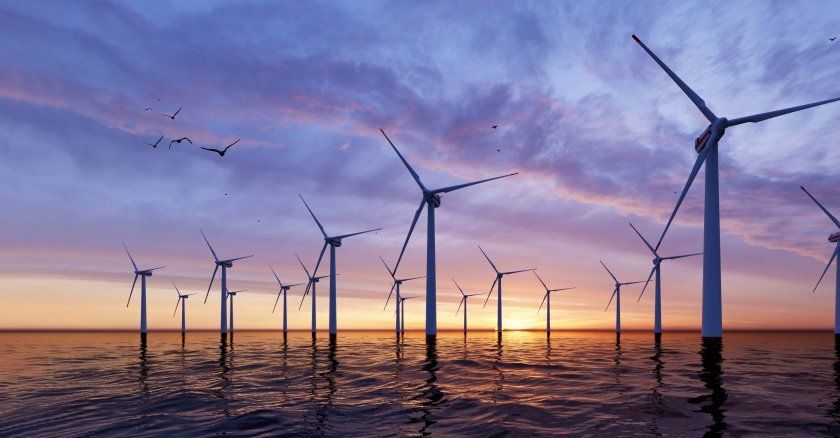 An offshore wind farm
An offshore wind farm
Mark Miller (School of Biological Sciences, Monash University, Clayton, Victoria, Australia) and colleagues have published open access in the Journal of Applied Ecology reviewing collision risk for procellariiform seabirds with offshore wind farms.
The paper’s abstract follows:
- “Offshore wind farms are a key component of the transition to renewable energy generation and are planned globally. Procellariiformes (albatrosses, petrels, shearwaters and storm-petrels) include the most threatened and abundant seabird families, yet their risk of collision with offshore wind turbines remains virtually unquantified because we lack the ecological information necessary to parametrise Collision Risk Models (CRMs)
- However, Procellariiformes are relatively well-studied in academic literature, presenting the opportunity for systematic review through a collision-risk lens. Here, we conduct meta-analyses to calculate species-level values for core CRM parameters: flight height, flight speed and nocturnal flight.
- Our systematic review returned 163 studies, providing excellent species coverage (>1 parameter value for 119 of the 145 Procellariiform species). We compiled a flight parameter database with the most values for flight speed and nocturnal flight, while values for Procellariiform flight height were scarce and lacked empirical data.
- Procellariiformes flew at speeds up to 28 ms−1 with species flight speeds generally prescribed by aerodynamic and flight morphology theory.
- Procellariiform flight activity varied across the diel cycle, with approximately a third of species flying more at night, a third flying more during the daytime and a third with no preference. Empirical studies characterised low (0–13 m) Procellariiform mean flight heights, but only for 21 species; expert opinion studies gave better coverage (104 species) but were highly uncertain when describing how frequently Procellariiformes may fly in a turbine's rotor swept zone.
- We make recommendations for how to best parameterise CRMs and identify priorities for further research, such as the importance of ‘instantaneous’ GPS biologger flight speeds, reconsidering how we model nocturnality in CRMs (given the abundance of night-flying Procellariiformes), the merits of parameterising CRMs with site-specific data over generic values and how new technologies can fill data gaps.
- Synthesis and applications. We present a database of mean flight parameter values and uncertainty for Procellariiform species and flight groups. Flight speed and nocturnal flight parameter values are ready for use in CRMs; but flight height results are too uncertain for useful parameterization. To fill this key information gap, we recommend mandatory Procellariiform flight height data collection at planned offshore wind farms.”
Reference:
Miller, M.G.R., Petrovic, S. & Clarke, R.H. 2025. A global review of Procellariiform flight height, flight speed and nocturnal activity: Implications for offshore wind farm collision risk. Journal of Applied Ecology doi.org/10.1111/1365-2664.70088.
John Cooper, Emeritus Information Officer, Agreement on the Conservation of Albatrosses and Petrels, 23 July 2025

 English
English  Français
Français  Español
Español